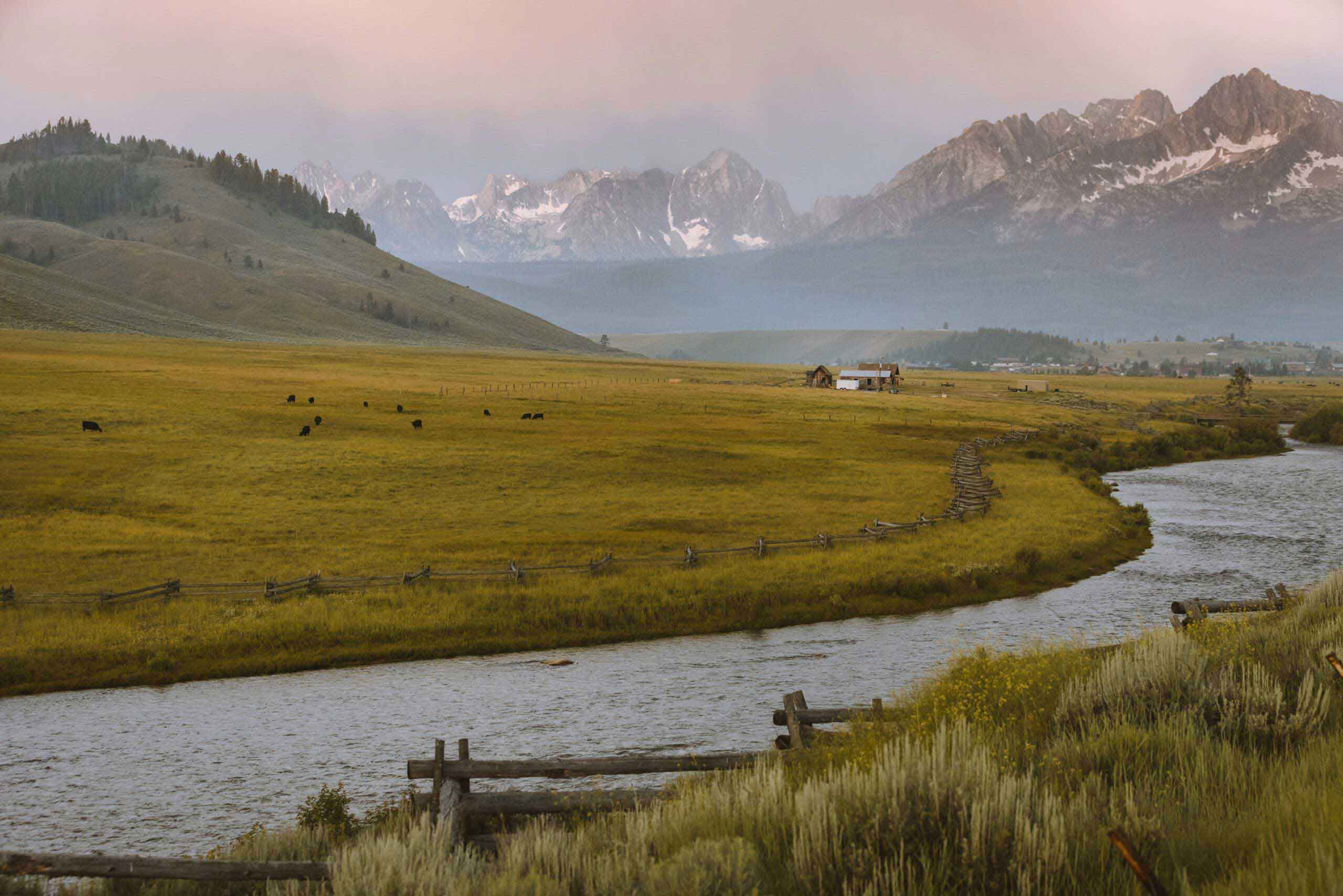The partnership will be in support of NFWF’s Rocky Mountain Rangelands program and is expected to sequester up to 44,000 metric tons of carbon dioxide equivalent per year in 2030.
The collaboration will establish a $2 million partnership to conserve natural resources and to reduce the climate impact of one of the quick service brand’s beloved ingredients
Taco Bell has partnered with long-time supplier Cargill along with the National Fish and Wildlife Foundation (NFWF) to announce to a commitment that will support conservation and regenerative agriculture practices across cattle grazing lands.
This partnership will help beef producers expand their regenerative ranching practices and allocate a combined $2 million for grants, with up to an additional $2 million in federal funds a total of up to $4 million in grants over the next four years.
“We’re all about democratizing access to quality, flavorful meals at an affordable price,” said Missy Schaaphok, Director of Global Nutrition & Sustainability at Taco Bell. “What people don’t see directly on our menu is how we also prioritize sustainability just as much as craveability.”
Applications for support from the partnership can be submitted from May 4 to August 3, with projects starting in 2024. The program will affect seven US states stretching from the Colorado Rockies to the Great Basin.
“Through the voluntary implementation of managed grazing practices, benefits to both rancher operations and wildlife are realized,” said Jeff Trandahl, executive director and CEO of NFWF. “Taco Bell, in partnership with Cargill, will help organizations working directly with ranchers in the Intermountain West to implement important changes, providing better habitat for wildlife, increasing carbon sequestration, and creating a more resilient ecosystem for people and for the species that depend on these rangelands for their very survival.”
This initiative is expected to sequester up to 44,000 metric tons of CO2 equivalent per year by 2030. The partnership will be in support of NFWF’s Rocky Mountain Rangelands program, which focuses on conserving and restoring habitat for wildlife adapted to harsh climates and that often require large, open spaces to sustain their populations.
“At Cargill, we pride ourselves on connecting our customers to partners such as NFWF that can help drive sustainability efforts starting with nature and the rancher,” said Jeffrey Fitzpatrick, BeefUp Sustainability Program Lead at Cargill. “As beef is a beloved ingredient at Taco Bell, it’s our job as their trusted supplier to encourage and support efforts that increase the sustainability of the supply chain through investment and collaboration.”
Partnerships like this are so important to conduct positive change and continue commitments to help improve the environmental effects of on the beef supply chain.
